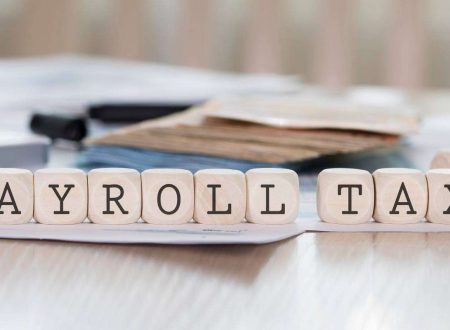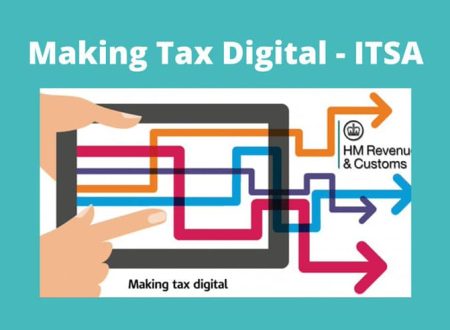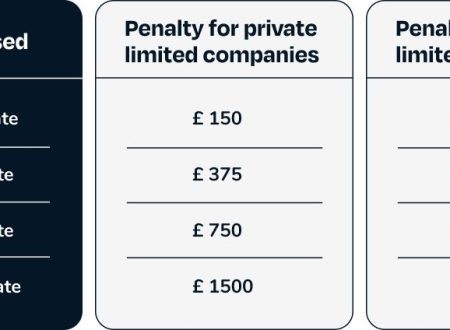Welcome to another edition of #TaxTipFriday, your weekly source of practical, HMRC-approved tax advice from TT Accountancy Services (TTAS) — your trusted accounting partner in London.
Every Friday, we share quick, actionable tax-saving tips that help small businesses, freelancers, and limited companies keep more of their hard-earned income — legally and compliantly.
Let’s dive into this week’s roundup of HMRC-compliant tax-saving strategies you can start using right away.
1. Claim All Allowable Business Expenses
One of the simplest ways to reduce your taxable income is to claim every expense you’re entitled to.
Common allowable expenses include:
- Office rent, utilities, and supplies
- Travel and mileage for business purposes
- Marketing, advertising, and website costs
- Professional fees (accounting, legal, etc.)
- Software subscriptions and IT costs
TTAS Tip: Keep digital copies of all invoices and receipts — HMRC can request proof at any time.
🔗 See HMRC’s list of allowable expenses for self-employed people
2. Use the Annual Investment Allowance (AIA)
If you’ve purchased new equipment — such as laptops, tools, or office furniture — you can deduct the full cost (up to the AIA limit) from your profits before tax.
AIA limit for 2025/2026: £1 million.
This is especially useful for small businesses investing in growth or digital transformation.
Learn more about the Annual Investment Allowance
3. Pay Yourself Tax-Efficiently
If you run a limited company, you can save tax by paying yourself a mix of salary and dividends.
- Salary: Tax-deductible for your company and helps build National Insurance contributions.
- Dividends: Taxed at lower rates than income.
TTAS Tip: Keep within HMRC’s dividend allowance and consult your accountant before making changes.
See HMRC guidance on dividend tax
4. Claim the Work-from-Home Allowance
If you work from home — even part-time — you can claim a portion of household costs such as:
- Rent or mortgage interest
- Utilities and internet bills
- Council tax
- Cleaning and maintenance
HMRC allows a simplified flat rate based on hours worked from home, or you can calculate the actual business proportion of your costs.
See HMRC’s simplified expenses for home working
5. Don’t Forget Your Pension Contributions
Making pension contributions through your business or personally can significantly reduce your tax bill.
You’ll receive tax relief on contributions — and your company can treat them as a business expense.
TTAS Tip: This is one of the most HMRC-approved ways to save tax while securing your future.
Check HMRC pension tax relief rules
6. Review Your VAT Status Regularly
The current VAT registration threshold is £90,000 (2025/26).
If your turnover is approaching that limit, consider whether you should register voluntarily — or if the Flat Rate Scheme could reduce your VAT payments.
TTAS Tip: VAT planning can save small businesses thousands each year.
Learn about VAT registration thresholds
7. Keep Accurate Digital Records (MTD Ready)
HMRC’s Making Tax Digital (MTD) initiative requires most VAT-registered and self-employed businesses to keep and submit digital tax records.
Using MTD-compatible software helps:
- Avoid penalties
- Reduce accounting errors
- Streamline tax filing
At TTAS, we help clients set up and use tools like Xero, QuickBooks, and Sage for seamless tax compliance.
Learn more about Making Tax Digital
Partner with TT Accountancy Services
At TT Accountancy Services, we go beyond bookkeeping — we help you plan, save, and stay compliant with HMRC.
Our tax experts offer:
Annual tax planning and advice
Self-assessment filing
VAT and PAYE compliance
HMRC audit support
Cloud accounting setup
Contact TT Accountancy Services today for a personalised tax strategy.
Smart tax planning doesn’t mean cutting corners — it means knowing the rules and using them to your advantage.
By applying these #TaxTipFriday strategies, you’ll save money, reduce stress, and stay fully compliant with HMRC requirements.
At TTAS, we make tax planning simple, legal, and stress-free — every Friday and beyond.

 ?>
?>






